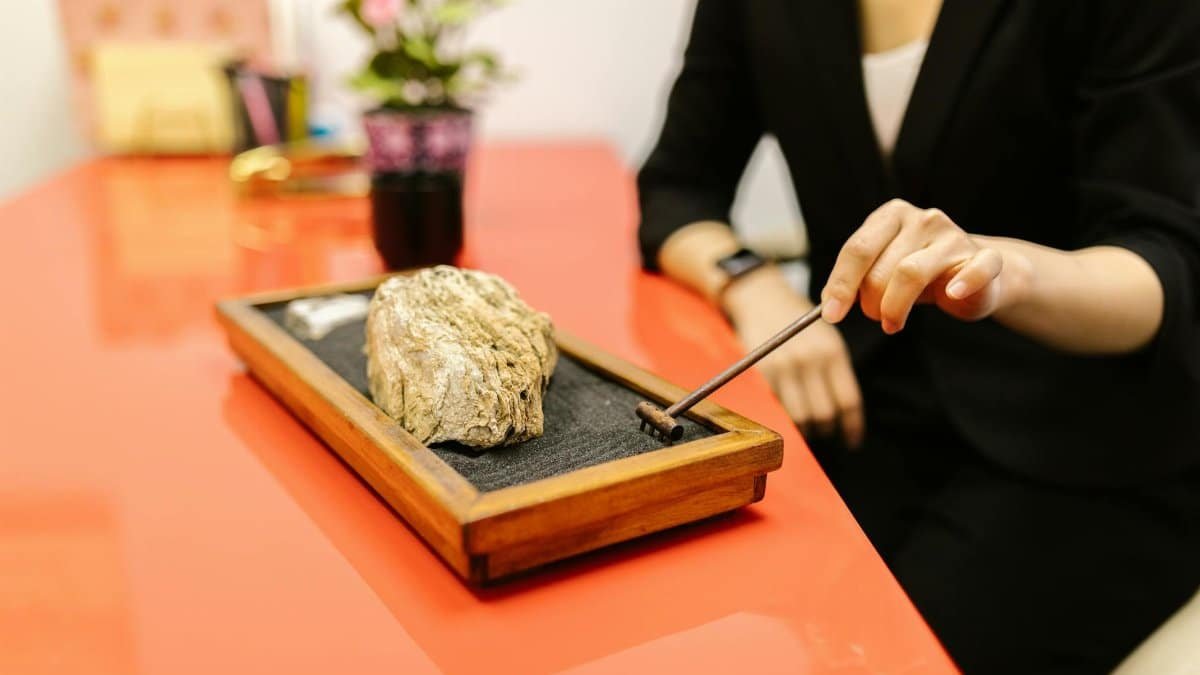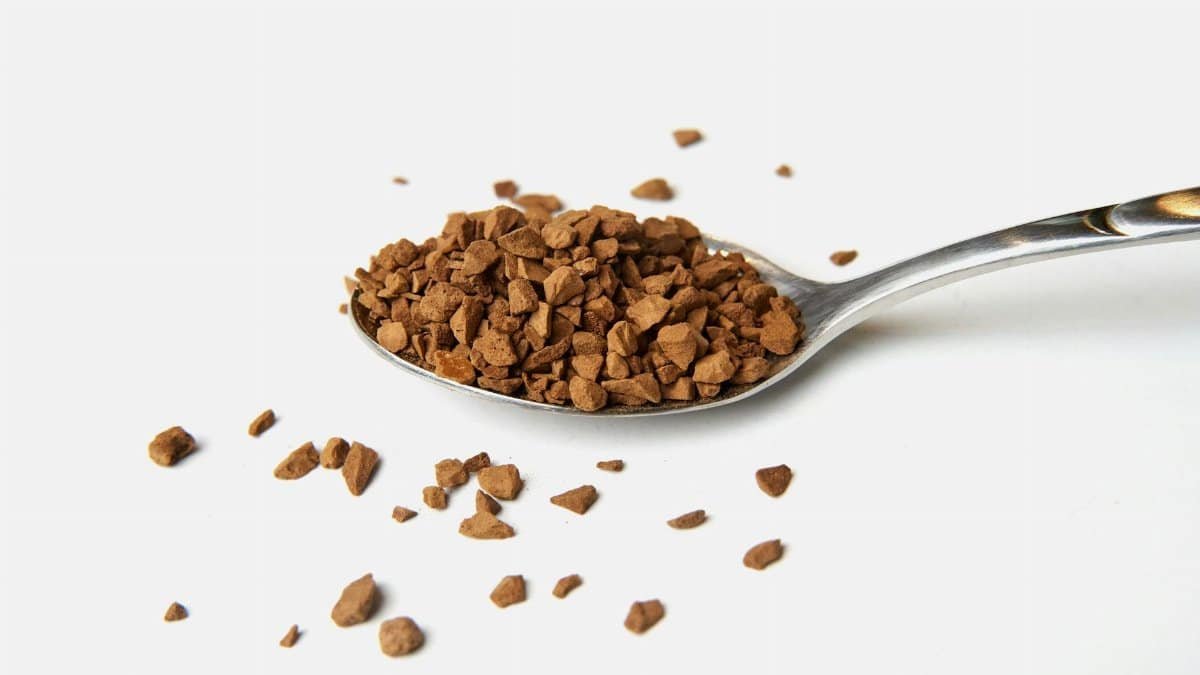In a fast-paced world, new data shows 40% of Americans are turning to quick daily rituals for mental relief, with emotions healing at the forefront. According to a recent Pew Research survey, these brief sessions are boosting well-being amid rising stress levels. It’s not about hours of therapy; sometimes, just five minutes can spark real change. This trend highlights how micro-habits are reshaping self-care in 2025, offering accessible paths to inner peace without overwhelming schedules.
The Science Behind Short Bursts

Research from neuroscientists points to why five minutes matters. Brief mindfulness exercises can lower cortisol levels, the stress hormone, by up to 20% in a single session. A study from Harvard Medical School backs this, showing that even short meditations rewire brain patterns for better emotional regulation. Participants reported feeling calmer after just one week of daily five-minute practices. This isn’t fluff; it’s grounded in biology, making it a practical tool for anyone juggling modern life.
Starting with Breathwork

Breathwork stands out as an easy entry point. Inhale for four counts, hold for four, exhale for four. Do this for five minutes, and you’ll notice tension easing. Experts at the National Institutes of Health note that controlled breathing activates the parasympathetic nervous system, promoting relaxation. It’s simple, requires no tools, and fits into any routine, whether at your desk or before bed. Many users say it helps process daily frustrations effectively.
Journaling for Quick Clarity

Grab a notebook and jot down three things you’re grateful for in five minutes. This practice shifts focus from negativity to positivity, aiding emotions healing. A report from the University of California, Berkeley’s Greater Good Science Center links gratitude journaling to improved mood and resilience. It’s not about perfect prose; it’s about dumping thoughts to clear mental clutter. Try it morning or night for noticeable shifts in outlook.
The Role of Movement

Five minutes of gentle stretching or walking can release endorphins, nature’s mood boosters. Physical activity, even brief, helps process emotions by increasing blood flow to the brain. The Centers for Disease Control and Prevention recommend short bursts for mental health benefits, citing reduced anxiety in active individuals. No gym needed; pace your living room or do desk yoga. It’s a straightforward way to shake off emotional weight.
Meditation in Mini Doses

Silence speaks volumes in meditation. Sit quietly for five minutes, focusing on the present. Apps guide beginners, but simplicity works too. A study published in JAMA Internal Medicine found that short mindfulness reduced symptoms of depression. In 2025, with digital overload, this pause fosters self-awareness and healing. It’s empowering, turning downtime into a strength-building ritual.
Connecting with Nature Briefly

Step outside for five minutes and observe your surroundings. This grounds you, easing emotional turbulence. Research from Stanford University shows nature exposure lowers rumination, a key factor in mental health struggles. Even urban green spaces count. It reconnects you with something larger, providing perspective on personal woes. Make it a habit for sustained benefits.
Affirmations for Instant Boosts

Repeat positive statements like “I am resilient” for five minutes. This rewires negative self-talk, supporting emotions healing. Psychologists at the American Psychological Association endorse affirmations for building self-esteem. Keep them personal and believable. Over time, this quick practice builds confidence, helping navigate life’s ups and downs more steadily.
Overcoming Common Hurdles

Doubt creeps in: “Five minutes won’t change anything.” Yet consistency proves otherwise. Start small to build momentum. If distractions arise, set a timer. Experts emphasize that imperfect practice beats none. Track progress in a simple log to stay motivated. This approach turns skepticism into belief, making short sessions a reliable ally in emotional wellness.
Real Stories of Transformation

Take Mark from Chicago, who started five-minute journaling after a tough breakup. “It cleared my head,” he says. Similar accounts flood online forums. A compilation from Psychology Today highlights how these micro-routines lead to lasting change. They’re not miracles, but they accumulate, proving small actions yield big results in emotions healing.
Integrating into Daily Life

Weave these into routines: after coffee, during commutes, or before sleep. Adapt to your lifestyle for sustainability. In 2025, with wellness apps tracking habits, it’s easier than ever. Combine techniques for variety. The key is regularity, turning five minutes into a powerhouse for ongoing emotional health.
For more on mindfulness benefits, check Harvard Health Publishing. Additional insights on gratitude practices are available at Greater Good Science Center.
